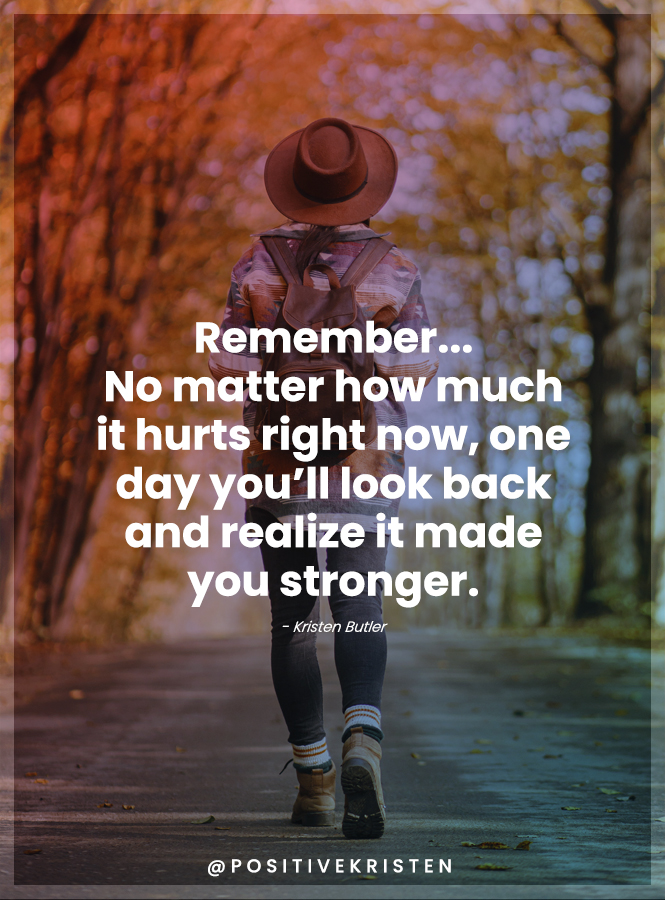Living with bipolar disorder can feel like an emotional rollercoaster, with extreme highs and lows that are hard to control. It’s more than just having a bad day—it’s about sudden mood changes that can impact everything, from how you feel to how you get through your day. Knowing the early signs of bipolar disorder is key to getting the right help, and it can make a huge difference in someone’s life.
Experts have identified common symptoms that many people overlook. By understanding these symptoms, you can better recognize when something isn’t quite right, either for yourself or someone you care about. The earlier you spot the signs, the sooner you can take action to get the support needed. Bipolar disorder can be tough, but learning these key symptoms can lead to a more stable, healthier future.
Understanding Bipolar Disorder
What Is Bipolar Disorder?
Bipolar disorder is more than just mood swings—it’s a condition where someone experiences extreme highs and lows. During a high, or manic episode, they might feel full of energy, making quick decisions without thinking about the risks. In the low, or depressive phase, everything feels like it’s falling apart, and it’s hard to find joy in anything.
This disorder can affect how a person thinks, behaves, and handles daily tasks. One day they may feel on top of the world, and the next, they might struggle to get out of bed. Bipolar disorder isn’t something that comes and goes; it’s a constant challenge that impacts relationships, work, and overall well-being. Recognizing it early can help someone manage their mood swings and find a way to live more comfortably with it.
The Different Types of Bipolar Disorder
Bipolar disorder comes in three main forms:
- Bipolar I: The most intense type, with manic episodes lasting at least a week, often severe enough to require hospitalization. Depressive episodes typically follow.
- Bipolar II: This type involves less extreme “highs” called hypomania, but the depressive episodes can last longer and may be more disabling.
- Cyclothymic Disorder: Characterized by constant shifts between mild depression and hypomania over at least two years. Neither phase is as severe as in Bipolar I or II.
In all three types, mood swings range from feeling highly energized to deep depression, making it hard to maintain balance in daily life.
14 Symptoms of Bipolar Disorder You Should Recognize
1. Extreme Mood Swings
Bipolar disorder is often marked by extreme mood swings. One day, someone might feel on top of the world, full of energy and excitement. The next, they might crash into a deep depression. These shifts can be so intense that they impact how a person functions in everyday life, from how they interact with others to how they handle their responsibilities. Being able to spot these swings early can help manage the disorder better.
2. Uncontrollable Irritability
Irritability can come out of nowhere, especially during manic or mixed episodes. Someone may become agitated over the smallest things, even if it doesn’t make sense to others. This constant feeling of frustration can make it hard for them to stay calm or rational.
3. Impulsive or Risky Behavior
During manic phases, impulsive behavior is common. This might mean making risky decisions without thinking about the consequences, such as spending too much money or engaging in dangerous activities. These impulsive actions can lead to regret later, especially during the depressive episodes that often follow.
4. Episodes of Intense Euphoria
Manic episodes can also bring an overwhelming sense of euphoria. The person may feel like nothing can go wrong, almost like they are invincible. While this might sound positive, it often leads to overconfidence, pushing them to take unnecessary risks or make choices that aren’t safe.
5. Periods of Severe Depression
The lows of bipolar disorder are much more than feeling a little down. These depressive episodes can leave someone feeling hopeless and isolated. It becomes difficult to enjoy anything, even activities they once loved. This kind of deep sadness isn’t the same as regular sadness—it can take a heavy toll on their overall well-being.
6. Fatigue or Low Energy
When depression hits, so does the exhaustion. People may find it hard to even get out of bed, let alone tackle their usual responsibilities. This fatigue can make even simple tasks feel overwhelming, as if they’re carrying the weight of the world on their shoulders.
7. Trouble Concentrating
Bipolar disorder can seriously impact a person’s ability to focus. Whether they’re in a manic or depressive episode, their mind might be scattered, making it difficult to concentrate on tasks or conversations. This lack of focus can lead to frustration, especially when trying to get things done.
8. Changes in Sleep Patterns
One of the telltale signs of bipolar disorder is changes in sleep. Some people might struggle with insomnia during manic episodes, unable to calm their minds. Others might oversleep during depressive episodes, feeling like they can’t get enough rest. Both extremes can harm overall health.
9. Unexplained Physical Aches
Bipolar disorder doesn’t just affect the mind—it can affect the body, too. Some people experience physical symptoms like aches or pains without any clear cause. These psychosomatic symptoms are another way the disorder takes a toll on a person’s overall well-being.
10. Inability to Make Decisions
Making decisions can feel impossible during a depressive episode. Even simple choices, like what to wear or what to eat, can seem overwhelming. This indecisiveness often leaves people feeling stuck and frustrated, adding to their overall sense of helplessness.
11. Restlessness or Agitation
Manic episodes often bring a sense of restlessness. Someone may feel like they can’t sit still or relax, constantly moving from one thing to another. This agitation can make it hard to focus or calm down, leading to further emotional distress.
12. Guilt or Worthlessness
Feelings of guilt or worthlessness often come hand-in-hand with depressive episodes. These feelings may not make sense to others, but for the person experiencing them, they feel very real. It can be hard to shake these emotions, even when there’s no reason for guilt.
13. Suicidal Thoughts or Behaviors
Suicidal thoughts are one of the most serious symptoms of bipolar disorder. When depression becomes unbearable, some people might feel like suicide is their only way out. It’s crucial to seek help immediately if someone is having these thoughts, as the risk of harm is high. Don’t hesitate to reach out for support—it could save a life.
14. Psychosis
In severe cases, bipolar disorder can lead to psychosis. This means the person may experience hallucinations or delusions, losing touch with reality. They might believe things that aren’t true or see things that aren’t there. This symptom can be dangerous, and it’s important to get professional help right away.
How to Spot and Address These Symptoms Early
It’s important to catch the signs of bipolar disorder as soon as possible. Start by paying attention to any drastic changes in mood, energy, or behavior. If someone’s mood swings are extreme or their energy levels jump from one extreme to another, it might be time to take a closer look. Small clues like changes in sleep, sudden irritability, or impulsive actions are also key to spotting bipolar disorder early.
Once you start noticing a pattern, don’t hesitate to reach out for professional help. A doctor or therapist can offer guidance and help manage these symptoms before they get worse. The sooner someone gets help, the better they’ll be able to live a stable, healthy life with bipolar disorder.
Final Thoughts on Recognizing Bipolar Disorder Symptoms
Recognizing the symptoms of bipolar disorder early can make a world of difference. Spotting these signs helps prevent serious consequences and opens the door to the right kind of care. If you or someone you know is showing these symptoms, remember that getting help is the best step toward managing them.
Bipolar disorder can be tough, but with the right support, it doesn’t have to take over your life. Don’t wait—seek help, and start taking control of your health today.















